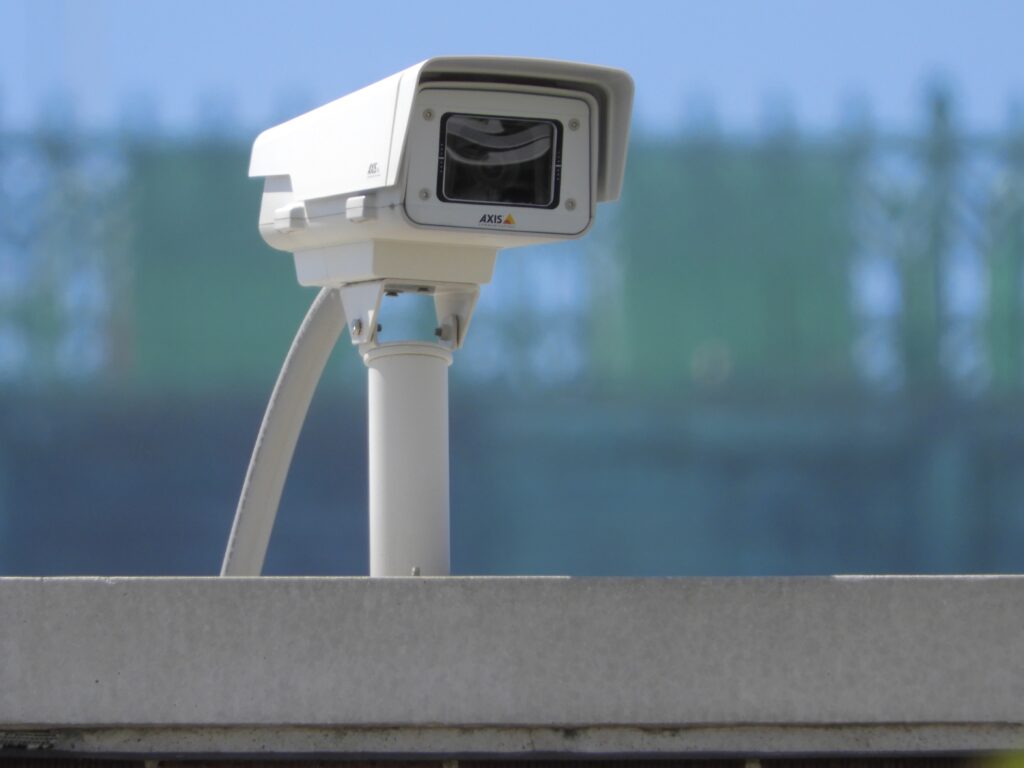
Whenever Nashville’s Metro Council next considers a police surveillance technology contract, it will now be with guardrails in place.
The council created restrictions for cameras that are a part of a “community safety camera network.” This includes cameras that the Metro Nashville Police Department has installed, or cameras owned by private businesses that have “opted in” to a network that can be accessed by MNPD.
The new rules emerged after the council rejected a contract with Fusus, a police surveillance technology that integrates footage from public and private cameras. Fusus actually had been in use by MNPD prior to the contract’s consideration. Eventually, officials realized that the technology required council approval, and its usage was paused until the council could weigh in.
Following significant community pushback, the council ultimately rejected the contract. But, Nashville Mayor Freddie O’Connell has said that with approval of these guardrails, he plans to bring another Fusus contract back before the council.
The new policy includes measures like:
- banning cameras installed at single-family homes, and restricting cameras installed at multi-family properties to those in parking lots or outdoor common areas;
- requiring MNPD to post an online map of the cameras owned and operated by the department;
- preventing access to camera footage where there is a “reasonable expectation of privacy;”
- requiring a quarterly audit of the network; and
- enacting an option to terminate the contract if the technology is misused.
The bill remained controversial throughout all three readings. On Tuesday, opponents spoke during the public comment period, and some councilmembers encouraged their peers to vote against.
Councilmember Sandra Sepulveda cited fear of exploitation by the federal government as a concern.
“These are unprecedented times. We do have a president who is ignoring court rulings, ICE is interrogating green card holders and deporting visa holders,” Sepulveda said. “Forgive me for not believing that guardrails are going to protect anyone that I represent.”
But other councilmembers pointed out that support of this bill did not equal their support of police surveillance technology.
“I’m in favor of this particular bill only because I’m against Fusus 1000%,” Councilmember Olivia Hill said. “This is not about Fusus. This is just about guardrails for if anything should happen to pass.”
The bill passed 28-7, with one member abstaining.

